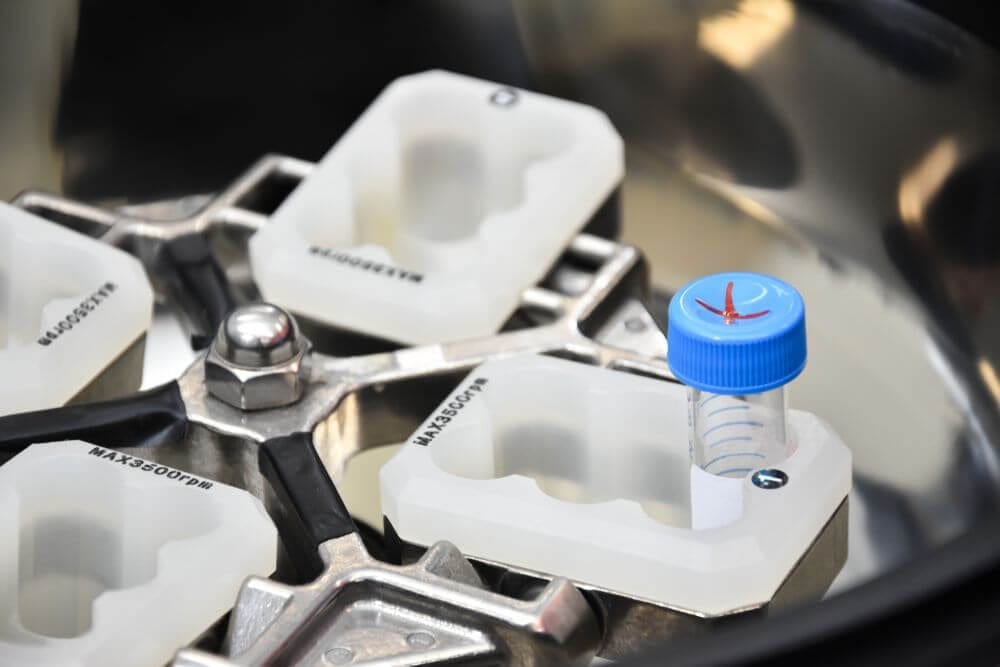More and more women are choosing to preserve their eggs through freezing in case they want to bear children at a later time. The procedure involves removing eggs from a woman’s reproductive system and freezing them in a dedicated laboratory to maintain their health and safety. But, at what age should you freeze your eggs? Please read on for more details, or set up a personal consultation with Dr. Susan Wolf in Hasbrouck Heights.
What is the Process?
Egg freezing involves removing healthy eggs from a woman’s ovaries and preserving them in a laboratory. In medical terms, the process is known as oocyte cryopreservation.
The whole process starts with a fertility and health evaluation to check on the status of the eggs and the presence of sexually transmitted illnesses. Blood tests and ultrasounds are part of the evaluation.
Checking the status of the eggs in terms of quality and quantity is essential to establish the right amount of eggs to freeze. If you’re between 37 and 40 years old, freezing 30 eggs raises your odds of conceiving by 80%. If you’re below 35 years of age, freezing 15 eggs is enough, because the eggs are still healthy at that stage.
After your medical evaluation, the next phase may involve taking birth control pills for 1-2 weeks to induce ovulation. Taking hormone injections for around 10 days may follow afterward to stimulate egg production in your ovaries.
After the eggs are mature, a needle is inserted via the vaginal wall to extract them. Sedation is provided during the retrieval process to prevent pain. The extraction process is short and takes just 20 minutes. They are then frozen safely below zero degrees to conserve them.
What is the Best Age to Freeze Your Eggs?
Some professionals cannot come to terms with the most appropriate age for egg freezing. Some say the procedure might not be necessary for women who are in their mid-twenties because natural conception is still possible at age 30. Others believe that, since female fertility diminishes as you grow older, the best egg freezing age is between 27 and 34 years.
However, the decision tends to vary from one woman to another depending on the age, and reason for wanting the procedure.
Why Do Women Do It?
The most common reasons why women opt to freeze their eggs include the following:
- Career pursuit
- Medical reasons, like to preserve fertility before undergoing cancer treatment, fallopian tube issues, and any other fertility problems
- Being single
- Having a partner who has no interest in bearing children
- Being with a partner who isn’t ready to have kids
- Having a non-committed relationship
- Being in a new relationship
While the procedure is a cost-effective procedure in comparison to fertility treatments, it is not cheap. So, in addition to preparing yourself physically and psychologically, you will need to make adequate financial plans. Apart from the cost factor, another drawback is the possibility of experiencing complications. However, it is rare for a woman to experience any serious health issue and discomfort after freezing their eggs.
Overall, egg freezing is a perfect solution for any woman who is not ready to bear kids, because of personal, academic or career reasons.








